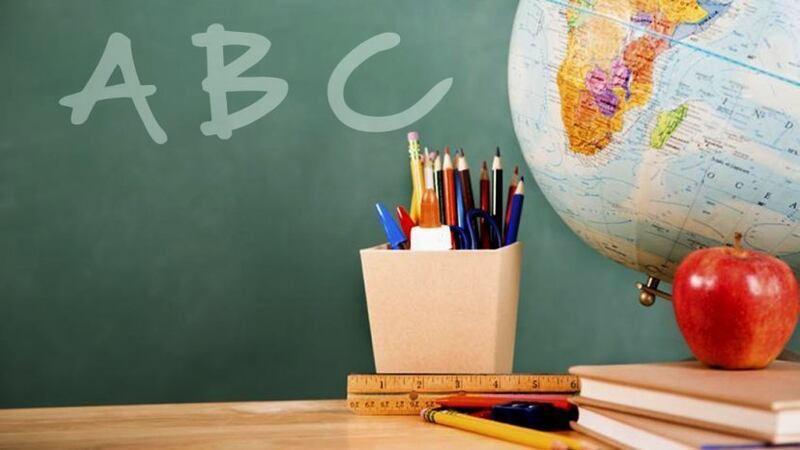An education researcher says NCEA pass rates in the Cook Islands and Niue will “fall through the floor” if literacy and numeracy tests become compulsory in 2026.
From 2026, passing the three assessments is set to be a requirement for any NCEA certificate, although the New Zealand government is considering extending the deadline and allowing students to use other ways of proving they are literate and numerate.
Two-hundred-and-forty students took part in the tests in June; 18 percent passed reading, 45 percent passed writing and 23 percent passed numeracy.
Education researcher Michael Johnston from the New Zealand Initiative group said a big drop in NCEA achievement rates was not desirable.
“We need to look at an alternative way of approaching this ... What I would advocate for is establishing a stand-alone certificate for numeracy and literacy and not having it be a corequisite for NCEA.”
Cook Islands Titikaveka College’s principal Vae Unuka said poor results in the new NCEA tests could be partially attributed to cultural and language barriers.
He said one of the problems was that students had difficulty interpreting the literacy questions.
“We are finding that for some of our kids, the question is too hard for them to understand and then to really solve it.”
However, New Zealand’s Ministry of Education said additional standards would be available in local languages to students living in Niue, Tokelau, and the Cook Islands in 2024 and 2025.
The principal of Mangaia School, Michael Papatua said the recent NCEA test results showed students were not meeting the requirements to engage with NCEA.
He said work needed to be done from an earlier age.
“There is a need for us to re-look at our literacy and numeracy programme down in primary and up at junior secondary to ensure that students when they come into NCEA Level 1, they have acquired basic literacy and numeracy skills.”

